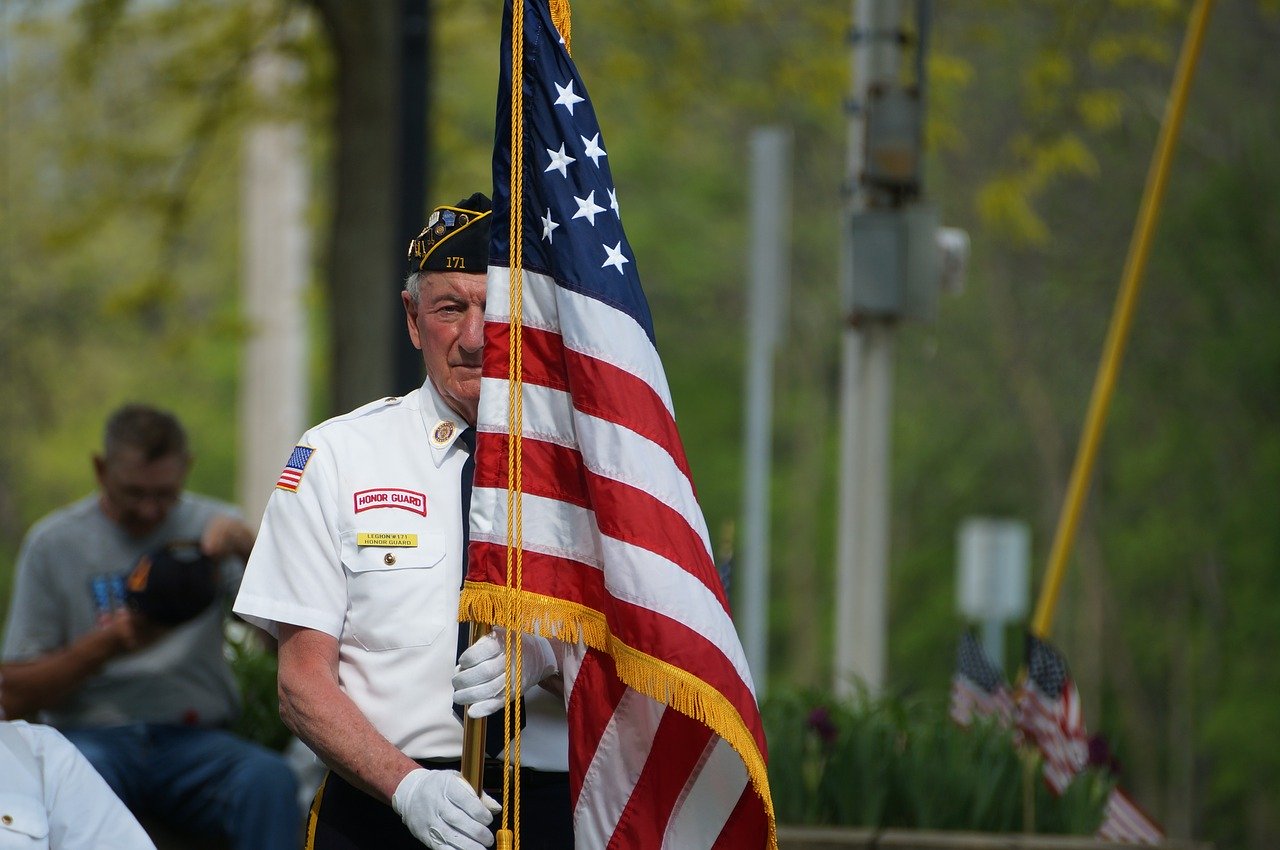Mental Health
How the Veteran Affairs Helps Housebound Veterans Get the Help They Need

(Photo : How the Veteran Affairs Helps Housebound Veterans Get the Help They Need)
As the saying goes, "freedom isn't free," and for America's veterans, they know the cost first-hand. This is especially true for our oldest veterans, many of whom have lost much of their freedom as old age has crept upon them.
But it turns out that the Department of Veteran Affairs (VA) has a little-known option which can help veterans who are housebound, even those facing disability which is not related to their time in the service, to get the help that they need.
The program is called the Veterans' Aid and Attendance Pension, and it helps to cover the cost of home care, such as caregivers. However, this program is little known, and for this reason, many vets who would qualify are unaware that help is available.
The program is so obscure that as of 2011, only 38,000 surviving World War II veterans were receiving benefits. This is a tragedy as many more veterans qualify. With the growing number of elderly Vietnam-era veterans, the program is well-positioned to help those who need it most.
If you are surprised to learn about the program, you may also be surprised to know that it is more than 60-years old. As such, you would expect that the many in the VA would know about it. But it turns out that awareness of the program within the VA is very, very low.
While administrators have been trying to address this, challenges remain. Granted, this is common with most VA programs as the administration has been struggling to modernize in recent years. But the shortcomings should not keep those who qualify from getting the help they need. This includes the surviving spouses of veterans who may also be eligible.
What can the VA do? As the second-largest federal agency transition takes time. But there have been efforts to expand access to materials about the program within the administration, and veterans' groups have also been doing their part to raise awareness.
Another hurdle is getting vets straightforward information on what the requirements are to qualify for the program. For starters, one does not need to have a service-related injury. This is something that is commonly misunderstood as many people, even veterans, think the VA is there to help them deal with service-related issues.
Beyond this, the qualifying veteran needed to have at least one day of their time in service during a declared war, or in other qualifying situations. The VA also has criteria regarding physical issues such as limited sight or needing to stay in a bed.
Granted, the benefits are not a lot, but in some cases, the award can be up to a 50 percent increase in what someone is getting via their basic VA pension. As such, it makes sense for every veteran to see if they qualify for the program.
One thing to know is that you do not need to be "totally disabled" to qualify for this program. This is often misunderstood as even the VA's website can be misleading. As such, it is often suggested that veterans or their family members reach out to a veteran's aid organization to walk them through the application process. Doing so will give them the guidance of someone who has already been through the process.
You can also reach out to your local VBA to find out who is the local "expert" on the program or a local Veteran Service Officer at your local VSO. This might be someone in the office who has gone through training on the program or has helped others to qualify in the past. Remember, the VA is there for your benefit, so finding out who to contact at your local office can only help you in the long run.
While the amount you will get will depend on your situation, many people get between $1,000 to $2,000 per month. This will help to cover home care-related expenses.
Keep in mind survivors are also eligible for benefits, so if someone in your family is already receiving the monthly pension, you will want to make sure these payments continue after they pass. As with everything at the VA, this will require a myriad of forms, and the best advice is to get survivors qualified before it is too late.
Also, you will want to make sure any long-term care or assisted-living facilities are aware that you are eligible for benefits, as this will help cover these costs as well.
Yes, the VA's Aid and Attendance program has been around for years, but it is not well-known, As such, you will want to educate yourself to make sure you are getting the benefits you are entitled to when you need them.
* This is a contributed article and this content does not necessarily represent the views of counselheal.com









Join the Conversation